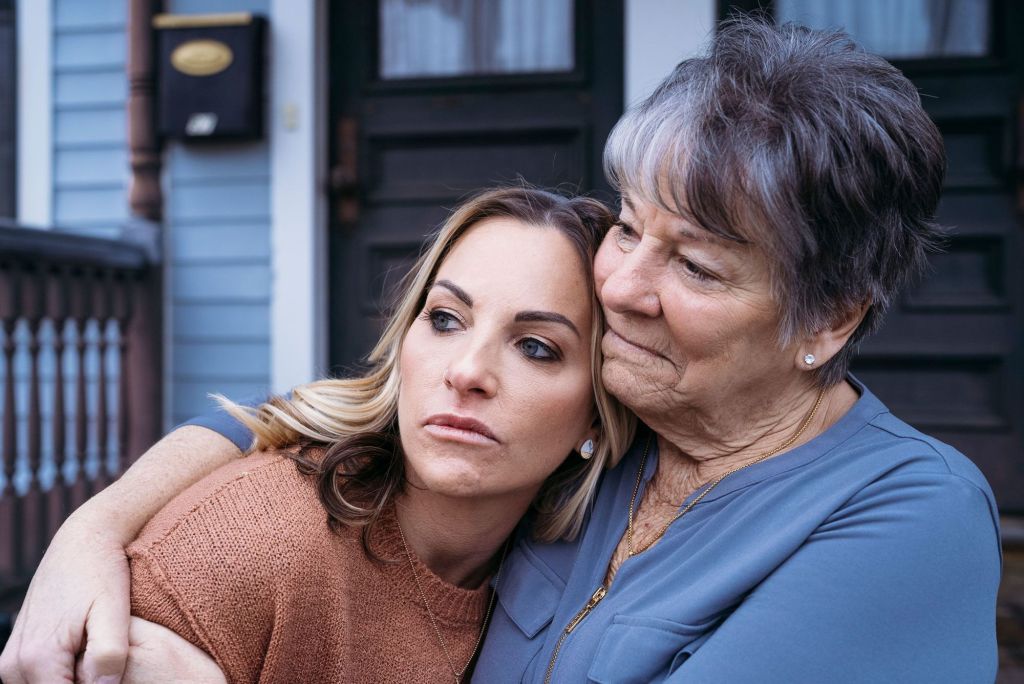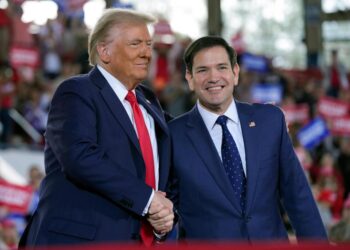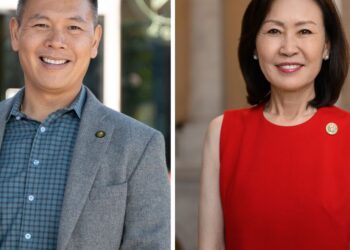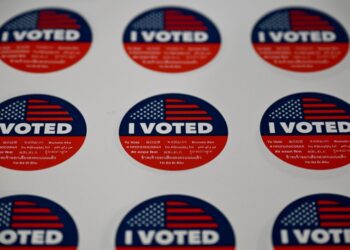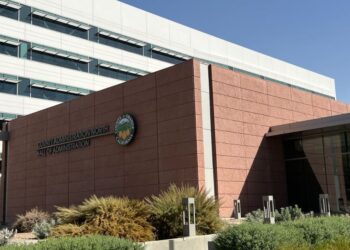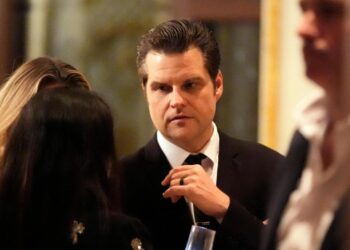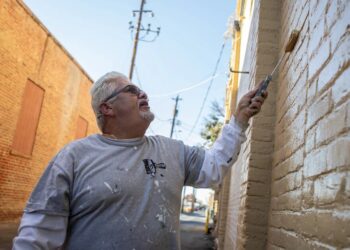By Rob Kuznia, Allison Gordon, Nelli Black and Kyung Lah | CNN
Victoria Hill never quite understood how she could be so different from her father – in looks and in temperament. The 39-year-old licensed clinical social worker from suburban Connecticut used to joke that perhaps she was the mailman’s child.
Her joke eventually became no laughing matter. Worried about a health issue, and puzzled because neither of her parents had suffered any of the symptoms, Hill purchased a DNA testing kit from 23andMe a few years ago and sent her DNA to the genomics company.
What should have been a routine quest to learn more about herself turned into a shocking revelation that she had many more siblings than just the brother she grew up with – the count now stands at 22. Some of them reached out to her and dropped more bombshells: Hill’s biological father was not the man she grew up with but a fertility doctor who had been helping her mother conceive using donated sperm. That doctor, Burton Caldwell, a sibling told her, had used his own sperm to inseminate her mother, allegedly without her consent.
But the most devastating revelation came this summer, when Hill found out that one of her newly discovered siblings had been her high school boyfriend – one she says she easily could have married.
“I was traumatized by this,” Hill told CNN in an exclusive interview. “Now I’m looking at pictures of people thinking, well, if he could be my sibling, anybody could be my sibling.”
Hill’s story appears to represent one of the most extreme cases to date of fertility fraud in which fertility doctors have misled their female patients and their families by secretly using their own sperm instead of that of a donor. It also illustrates how the huge groups of siblings made possible in part by a lack of regulation can lead to a worst-case scenario coming to pass: accidental incest.
In this sense, say advocates of new laws criminalizing fertility fraud, Hill’s…
Read the full article here

